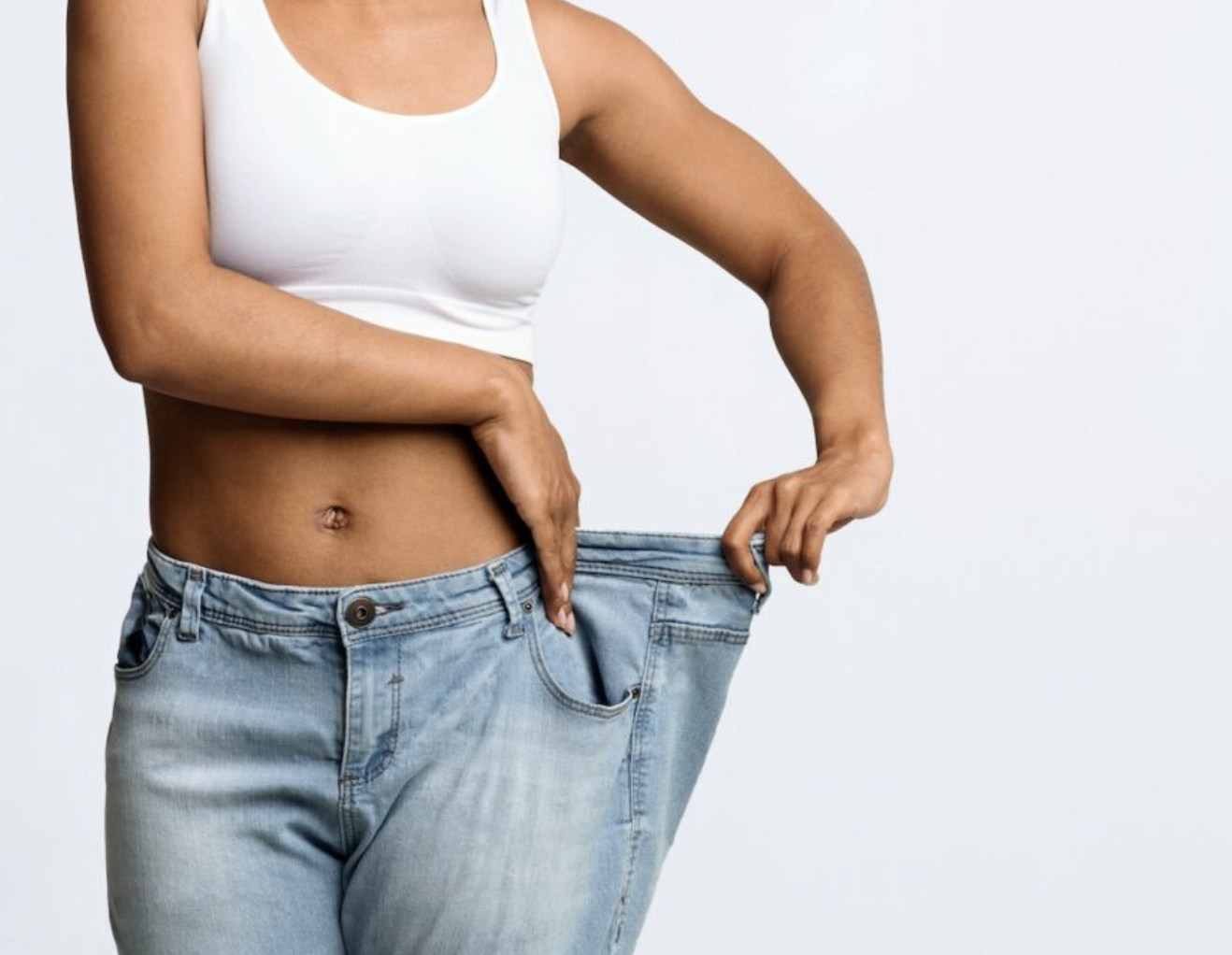The ‘I Deserve It’ Mentality: How to Reframe Treats vs. Triggers
Intro: When a Treat Becomes a Trap
Ever had a tough day and thought, “I deserve this cupcake”? You’re not alone. Many people use food as a reward. While it might feel comforting in the moment, these little “treats” can quietly turn into habits that hold you back—especially if you're on a weight loss journey with GLP-1 medications. Let’s talk about how to tell the difference between a real reward and a trigger—and how to take back control without guilt.
Your Brain on Rewards
Your brain loves rewards. It’s wired to look for things that feel good, especially after stress or hard work. So, when you’ve had a long day and reach for ice cream, your brain lights up with dopamine—the “feel good” chemical.
The problem? This reward loop can become automatic. Over time, your brain starts craving treats whenever you’re tired, sad, or stressed—not because you're hungry, but because you're looking for relief.
GLP-1s Can Help, But They’re Not Magic
GLP-1 medications work by quieting hunger signals and helping you feel full longer. But they don’t change your emotional habits. That means even if your body isn’t hungry, your brain might still crave a reward.
This is where mindset matters most. If you keep giving in to emotional triggers, your progress can slow—even when the meds are doing their job.
Reframe the “I Deserve It” Thought
Instead of rewarding yourself with food, try asking:
🔹 What do I really need right now?
🔹 Am I stressed, bored, or tired?
🔹 Can I treat myself in a way that doesn’t involve food?
Here are some healthy reward swaps:
A walk in nature
A new book or playlist
A nap or warm bath
Calling a friend
Journaling or mindfulness
When Food Is a Treat, Not a Trigger
It’s okay to enjoy food—especially when it’s part of a plan. The key is to make conscious choices, not emotional ones. You’re not “bad” for eating something sweet. But ask yourself if it’s helping your goals or pulling you off track.
Why This Matters
Changing your relationship with food takes more than willpower. It takes awareness, patience, and a plan. And if you're using GLP-1s, you're already doing the hard part—now it’s time to support your progress with smart habits.


